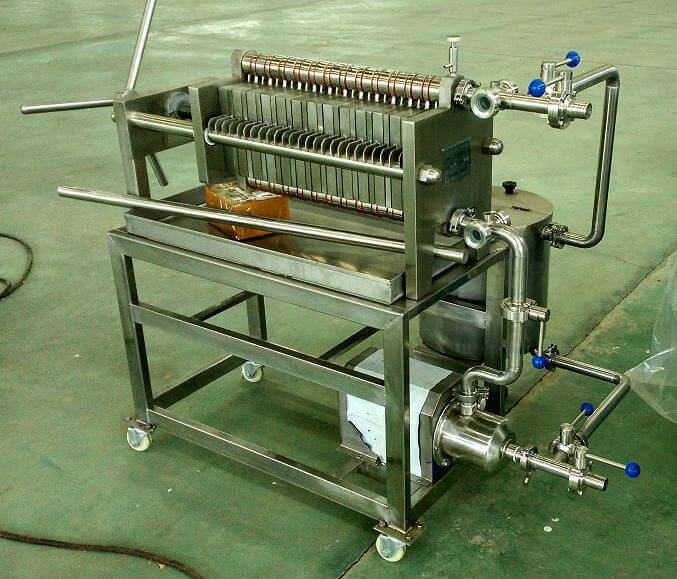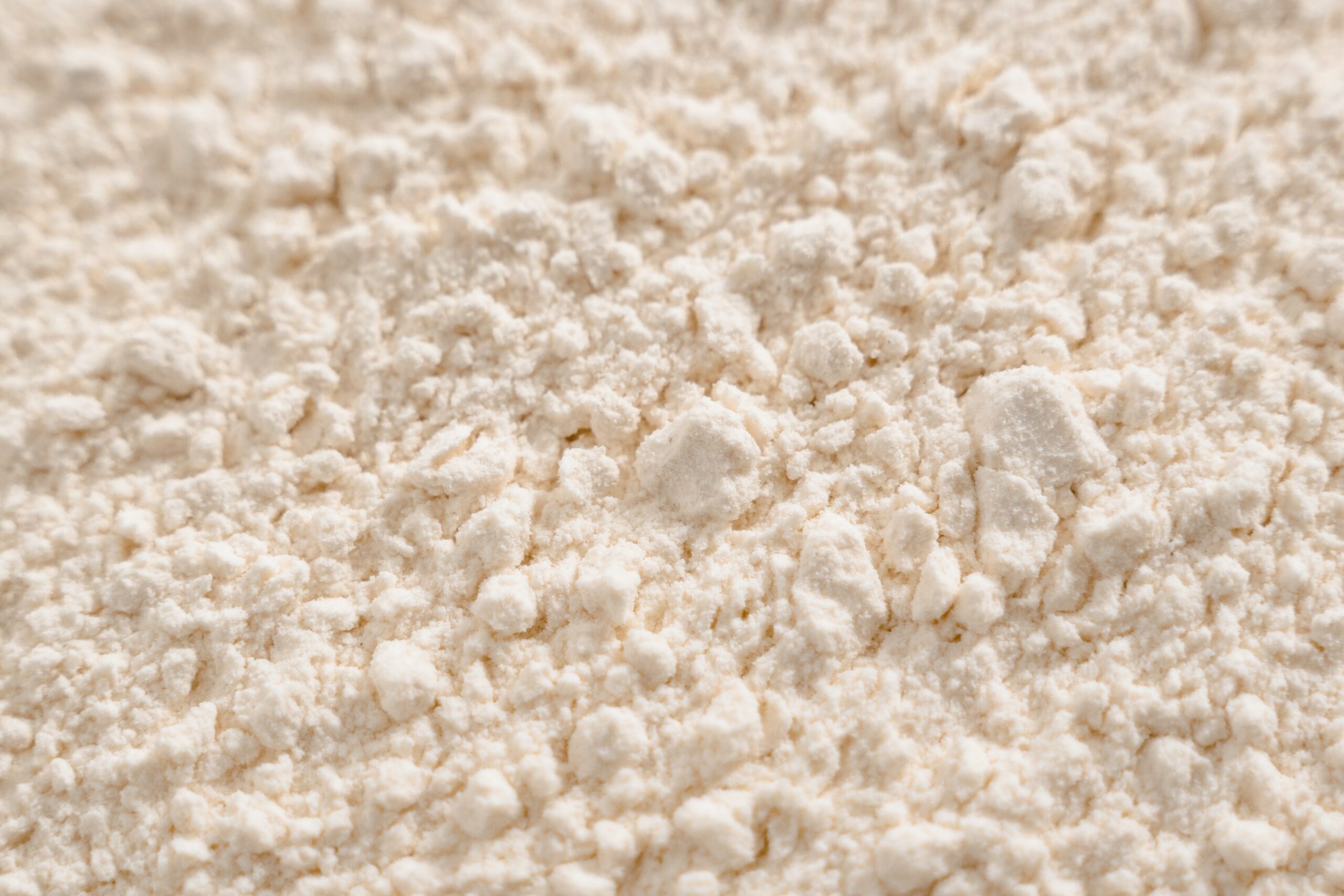Diatomaceous Earth Filtering: A Natural Solution for Effective Filtration
Diatomaceous Earth Filtering: A Natural Solution for Effective Filtration
Blog Article
Opening the Perks of Diatomaceous Planet Filtering for Pure and Tidy Water
The exploration of diatomaceous planet (DE) filtering offers an engaging alternative for those seeking effective and lasting water filtration methods. As the need for clean water continues to rise globally, recognizing the complex applications and advantages of DE filters might reveal important understandings for both home and commercial use.
What Is Diatomaceous Planet?
Diatomaceous planet, commonly described as DE, is a naturally occurring sedimentary rock made up mostly of the fossilized remains of tiny, aquatic microorganisms called diatoms. These single-celled algae are rich in silica, which is the main part of DE. The special structure of diatomaceous planet includes tiny, porous fragments that supply a high surface, making it a reliable filtering system tool.
DE is generally collected from old lake beds and down payments, which have collected over thousands of years. It shows up as a penalty, white to off-white powder, and its chemical make-up largely includes silicon dioxide, in addition to trace quantities of different minerals. This structure is what gives DE its impressive properties.
In addition to its application in water filtering, diatomaceous earth is made use of in a selection of markets, including farming, food storage, and insect control. Its ability to absorb dampness and its rough high qualities make it a beneficial source in these areas. Generally, diatomaceous planet stands apart as an eco friendly option for numerous applications due to its all-natural origin and performance in purification procedures.

Just How Diatomaceous Planet Filtering Works

When water goes through a diatomaceous earth filter, the fine fragments are caught in the intricate network of little pores. The dimension and shape of these pores are critical, as they are created to target details pollutants while allowing clean water to stream via. As water actions through the filter tool, the mechanical activity of the diatomaceous planet records bigger bits, while smaller contaminants are absorbed or physically obstructed.
Furthermore, the area supplied by diatomaceous planet is considerable, enhancing its capability to hold pollutants. This results in a progressive accumulation of caught particles, which can be periodically gotten rid of via a backwashing process. This approach ensures consistent purification efficiency and contributes to the general performance of preserving pure and clean water.
Advantages Over Conventional Purification
When contrasting diatomaceous earth filtering system to conventional purification approaches, numerous benefits emerge that improve water filtration performance. Among the primary advantages is the superior filtering capability of diatomaceous earth (DE), which can remove smaller fragments and pollutants that traditional filters may miss. The tiny framework of DE allows it to catch contaminants, including microorganisms and protozoa, resulting in cleaner water.
Additionally, diatomaceous earth filters have a tendency to have a longer life expectancy than conventional media, minimizing the frequency of replacement and upkeep. This longevity not just lowers functional expenses but additionally decreases waste, adding to even more lasting techniques. DE filters additionally run at lower stress, which can bring about energy cost savings in massive applications.
One more substantial advantage is the flexibility of diatomaceous earth. It can be utilized efficiently in various contexts, from local water therapy centers to specialized industrial applications (diatomaceous earth filtering). The all-natural structure of DE makes it an environmentally friendly choice, without damaging chemicals and contaminants frequently related to synthetic filtering systems
Applications in Home and Market
Many applications of diatomaceous planet filtering system can be found in both household and industrial settings, highlighting its adaptability and performance in water purification. In domestic atmospheres, diatomaceous earth (DE) filters are frequently employed in pool, properly catching debris and microbes, thereby maintaining water quality and hygiene. In addition, several households utilize DE in home water filtering systems, where it offers to get rid of impurities, debris, and unsafe pathogens, making sure risk-free alcohol consumption water.
In industrial applications, diatomaceous earth filtering is essential to different fields, consisting of food and beverage manufacturing, drugs, and wastewater treatment. In the food sector, DE is made use of in the purification of beer and a glass of wine, facilitating the elimination of yeast and various other particulates while protecting the beverage's taste account. Additionally, in wastewater therapy facilities, DE filters play a critical duty in improving water quality by capturing impurities and helping with the recycling of water sources.
The efficiency of diatomaceous earth in both home and commercial applications underscores its vital function in advertising clean water gain access to, adding to public health, and sustaining sustainable practices.

Selecting the Right DE Filter
Picking the proper diatomaceous planet (DE) filter is essential for making certain ideal water purification, whether for residential or commercial use. diatomaceous her comment is here earth filtering. The option of a DE filter depends upon several important factors, including the particular application, circulation rate demands, and the preferred degree of filtration
First, examine the quantity of water to be filteringed system. For property usage, smaller filters are enough, while industrial applications might require larger, high-capacity systems. Next off, take into consideration the flow rate; it is necessary to pick a filter that can take care of the needed throughput without jeopardizing water quality.
Additionally, evaluate the filtration degree; DE filters can be found in different grades, impacting the removal of particulates and impurities. As an example, higher-grade filters are perfect for applications needing stringent purity levels.
Lastly, consider the upkeep requirements and the accessibility of substitute DE powder. Filters that are much easier to keep and have readily offered materials will certainly minimize downtime and functional prices. By very carefully thinking about these elements, one can select a DE filter that meets specific needs, making sure the distribution of tidy and risk-free water.
Conclusion
In recap, diatomaceous planet filtering system represents a significant development in water purification innovation, offering improved performance and efficiency in catching pollutants. Welcoming the original source diatomaceous earth filtering can lead to boosted public health and wellness results and greater accessibility to clean water.
The exploration of diatomaceous earth (DE) filtering system offers a compelling choice for those seeking sustainable and efficient water filtration techniques.When contrasting diatomaceous earth filtering system to conventional filtration techniques, several advantages arise that improve water purification efficiency.Numerous applications of diatomaceous earth filtering can be located in both family and commercial setups, highlighting its versatility and performance in water filtration. In domestic environments, diatomaceous planet (DE) filters are frequently utilized in swimming pools, successfully recording debris and microorganisms, thereby keeping water clarity and health. In wastewater therapy facilities, DE filters play a critical function in improving water high quality by capturing pollutants navigate to this site and assisting in the recycling of water sources.
Report this page